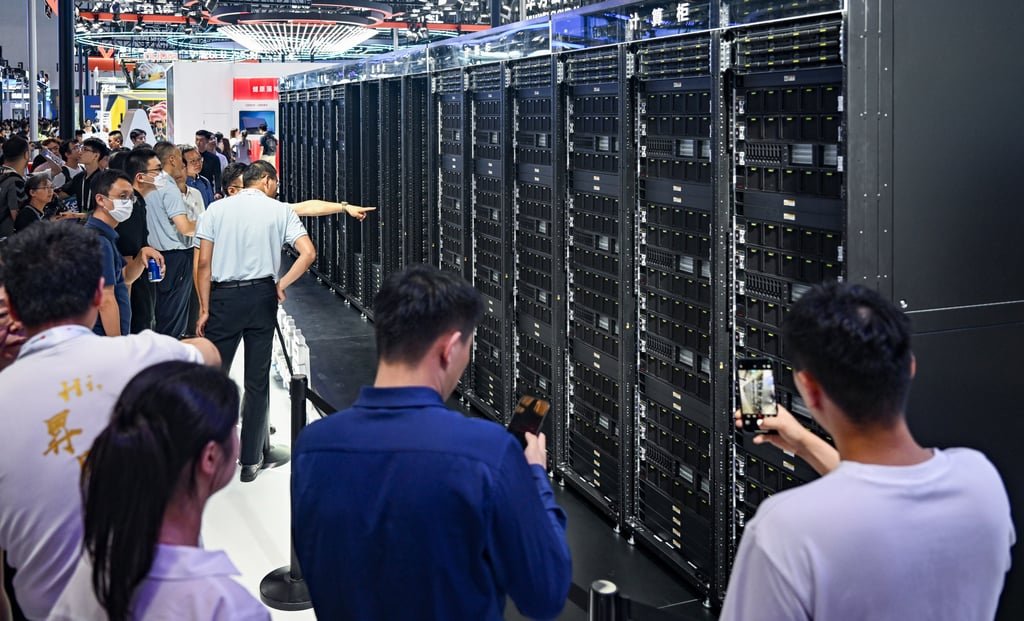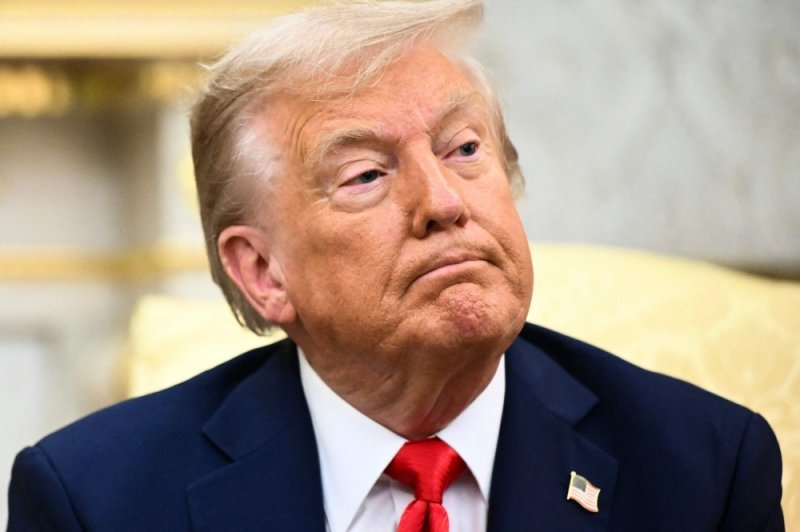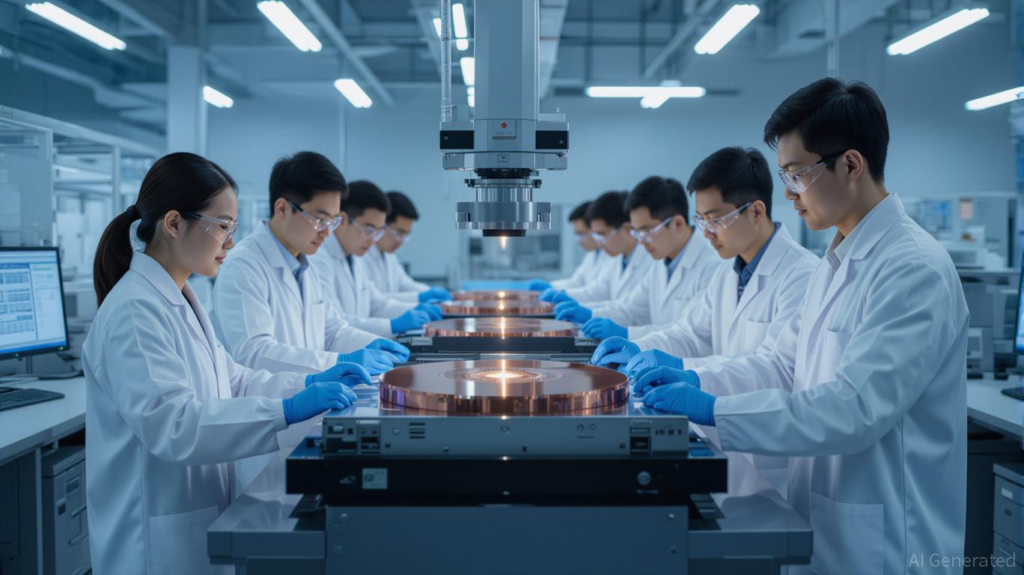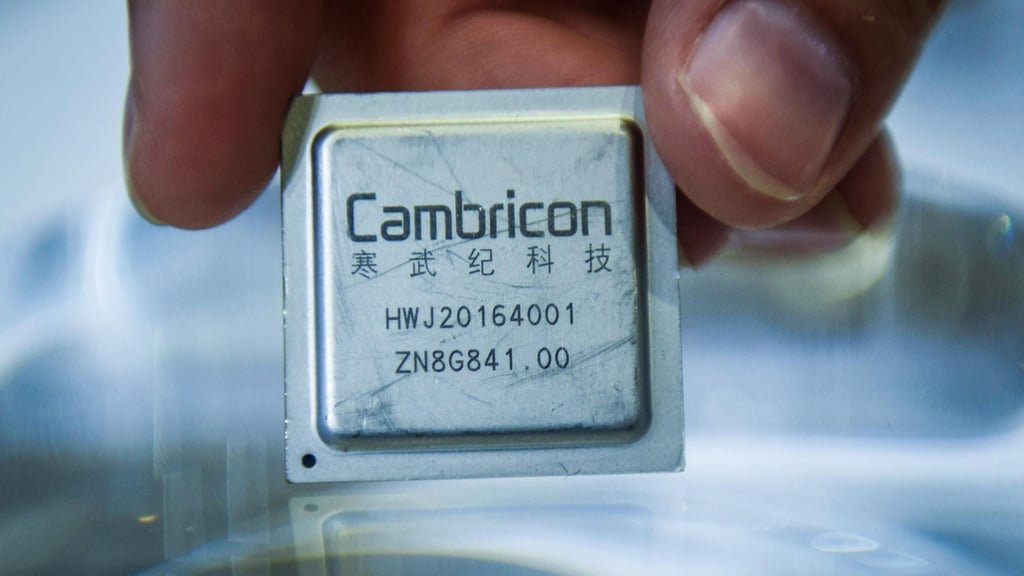“They have some cards. We have incredible cards,” he told reporters before his meeting with South Korean President Lee Jae Myung. “But I don’t want to play those cards. If I did, that would destroy China. I’m not going to play those cards.”
Trump added he had recently spoken with Chinese President Xi Jinping and was considering travelling to Beijing. “At some point, probably during this year or shortly thereafter, we’ll go to China,” he said, adding that Xi had extended the invitation.
Despite the sharp warning, Trump insisted Washington would maintain a working relationship with Beijing. “We are going to have a great relationship with China… They have some cards. We have incredible cards, but I don’t want to play those cards. If I play those cards, that would destroy China. I am not going to play those cards,” he said.

Live Events
Trade truce extended
His remarks came shortly after the United States and China agreed on 12 August to prolong their trade truce for another 90 days. The pause is intended to give negotiators more time to address disputes that have stretched over the past year.
Since April, the White House has repeatedly raised duties on Chinese imports, with the highest tariff peaking at 145 per cent. Most goods from China currently face a 30 per cent duty. Beijing responded with a 10 per cent levy on US imports, according to Fox News.
Rare earths and oil supplies
Tensions have also spread beyond tariffs. Trump singled out China’s rare earths policy, warning that unless Beijing continued to supply the US with magnets, “we have to charge them 200% tariff or something,” Reuters reported. China tightened restrictions on rare earth exports in April, using them as part of its retaliation.
US Treasury Secretary Scott Bessent has also flagged China’s oil trade with sanctioned states as a major issue. Speaking during negotiations in Sweden, he identified Beijing’s imports of Iranian and Russian oil as a central dispute. Washington argues that such purchases provide financial lifelines to Tehran and Moscow, enabling destabilising activities.
Bessent has urged Beijing to reduce reliance on exports and open itself more as an importer in the global economy. At the same time, Washington has made clear it wants to curb China’s role as the world’s dominant manufacturing hub.
Executive orders on tariffs
The extended suspension of tariffs follows a series of executive orders signed by Trump this year.
On 2 April, through Executive Order 14257, Trump declared that large and persistent annual US trade deficits with China “constitute an unusual and extraordinary threat to the national security and economy of the United States.” The order imposed new ad valorem duties. Later in April, Executive Orders 14259 and 14266 further raised tariffs after Beijing retaliated.
In May, Trump issued Executive Order 14298, temporarily suspending additional tariffs for 90 days and replacing them with a revised duty rate. That suspension was due to expire on 12 August.
Earlier this month, Trump signed a new order extending the pause until 10 November. According to the order, “the PRC continues to take significant steps toward remedying non-reciprocal trade arrangements and addressing the concerns of the United States relating to economic and national security matters.”
The directive requires the Commerce Secretary, the Secretary of Homeland Security, and the US Trade Representative, along with other top officials, to ensure the suspension is properly enforced. The order also clarifies that it “is not intended to, and does not, create any right or benefit… enforceable at law or in equity by any party against the United States.”
Trump’s comments underline the dual approach of pressure and restraint. On one hand, Washington continues to raise tariffs and challenge China’s trade practices. On the other, the president insists he will not take steps that would cripple Beijing, repeating his line that America and China will maintain a “great relationship.”
(With inputs from ANI)







